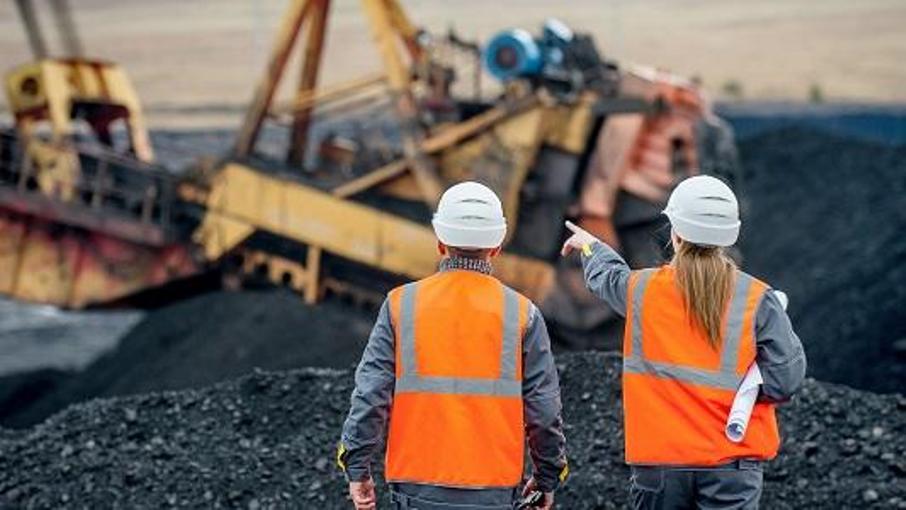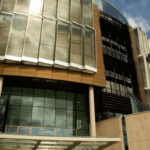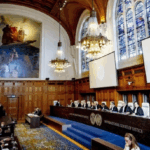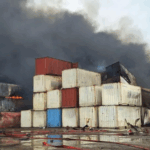As the mining industry evolves, consultants must balance traditional strategies with cutting-edge innovations to help clients stay competitive. This blend ensures efficiency, cost-effectiveness, and environmental compliance while pushing the boundaries of what mining can achieve.
Traditional Strategies in Mining Consulting
Historically, mining consulting focused on key areas of expertise that formed the backbone of any successful operation. These traditional strategies still hold great relevance today:
1. Resource Assessment and Feasibility Studies
Before any extraction can begin, thorough geological surveys and feasibility studies are conducted to assess the viability of mining projects. Mining consultants analyze soil samples, geological data, and market demand to determine whether a mine can be profitable. This stage helps investors and operators make informed decisions.
2. Project Management and Planning
Consultants play a pivotal role in managing the lifecycle of a mining project, from planning to execution. Traditional project management in mining focuses on resource allocation, time management, regulatory compliance, and cost control. Consultants help operators navigate complex legal frameworks, ensuring adherence to local and international regulations, safety standards, and environmental laws.
3. Risk Mitigation
Mining is an inherently risky business, both financially and operationally. Consultants apply risk management strategies to minimize hazards such as equipment failures, geological surprises, and environmental impacts. Their expertise in developing risk mitigation plans, disaster preparedness, and contingency measures is critical to a project’s success.
4. Environmental Management
In recent decades, environmental considerations have become a significant part of mining operations. Consultants help companies comply with environmental regulations by conducting impact assessments and developing rehabilitation plans. Traditional strategies involve waste management, pollution control, and land restoration once mining operations are completed.
Innovations in Mining Consulting
With rapid advancements in technology and growing demands for sustainability, mining consulting has embraced several innovations. These innovations not only enhance efficiency but also reduce environmental footprints, making mining more sustainable for future generations.
1. Automation and AI Integration
Automation and Artificial Intelligence (AI) are transforming mining operations. Autonomous vehicles, drones, and AI-driven systems are increasingly used for exploration, site assessments, and extraction processes. Mining consultants now recommend AI solutions that can optimize ore recovery, predict equipment failure, and enhance operational safety.
For example, AI-powered predictive maintenance tools can foresee when mining equipment is likely to fail, allowing operators to schedule repairs in advance, minimizing downtime and costs. AI-based exploration techniques analyze geological data faster and more accurately, identifying potential mining hotspots with greater precision.
2. Digital Twins
One of the most transformative technologies in mining consulting is the use of digital twins—virtual replicas of physical assets or operations. Consultants create digital models of mining operations to simulate performance under different scenarios, test potential solutions, and optimize workflows. This technology helps identify inefficiencies, reduce energy consumption, and enhance decision-making.
Digital twins also allow for real-time monitoring of mining activities, providing stakeholders with valuable insights and data-driven recommendations that improve productivity while reducing environmental harm.
3. Sustainability and Green Mining Technologies
The growing pressure for sustainable practices in the mining industry has led to the development of green technologies. Mining consultants are increasingly involved in promoting and implementing eco-friendly solutions. These include water recycling systems, carbon capture technologies, and renewable energy integration, such as using solar or wind power for mining operations.
Moreover, consultants advise on ways to reduce waste, minimize land disruption, and use sustainable materials for infrastructure development. In some cases, mining operations are working towards a zero-waste goal, where every by-product of the mining process is either reused or repurposed.
4. Data Analytics and IoT
The Internet of Things (IoT) and advanced data analytics are being used to monitor and manage mining operations with unprecedented accuracy. Consultants now recommend IoT-enabled sensors that provide real-time data on machinery, environmental conditions, and safety measures. This wealth of data is then processed using advanced analytics to offer actionable insights, improve operational efficiency, and reduce environmental impact.
Big data analytics enables mining companies to predict market trends, optimize supply chains, and make more informed decisions regarding resource extraction. Consultants leverage this technology to provide their clients with a competitive edge in an increasingly data-driven industry.
5. Blockchain for Supply Chain Transparency
Blockchain technology is gaining traction in mining to enhance transparency and accountability in the supply chain. Mining consultants advise clients on integrating blockchain solutions to track the provenance of raw materials, ensuring ethical sourcing and compliance with global standards. This is particularly important for industries like precious metals and rare earth elements, where the origin of materials can have significant reputational and regulatory implications.
The Future of Mining Consulting: Merging Tradition and Innovation
The future of mining consulting lies in the seamless integration of traditional strategies with modern technologies. While the foundational aspects of the industry—such as resource assessments, project management, and risk mitigation—will continue to be critical, new technologies are pushing the boundaries of efficiency and sustainability.
Consultants who adapt to these changes will be able to offer more comprehensive solutions to their clients. The key lies in understanding how to merge the best of both worlds: leveraging advanced tools like AI, digital twins, and blockchain while maintaining a strong focus on risk management, environmental stewardship, and regulatory compliance.
Mining consulting is undergoing a transformation as modern innovations reshape traditional practices. By embracing automation, digital twins, AI, and sustainability initiatives, consultants are helping mining companies optimize operations and reduce their environmental impact. However, the industry must also retain the time-tested strategies that have ensured its success for decades. The future of mining consulting lies in this delicate balance—where tradition meets innovation for a more efficient, sustainable, and profitable industry.

















